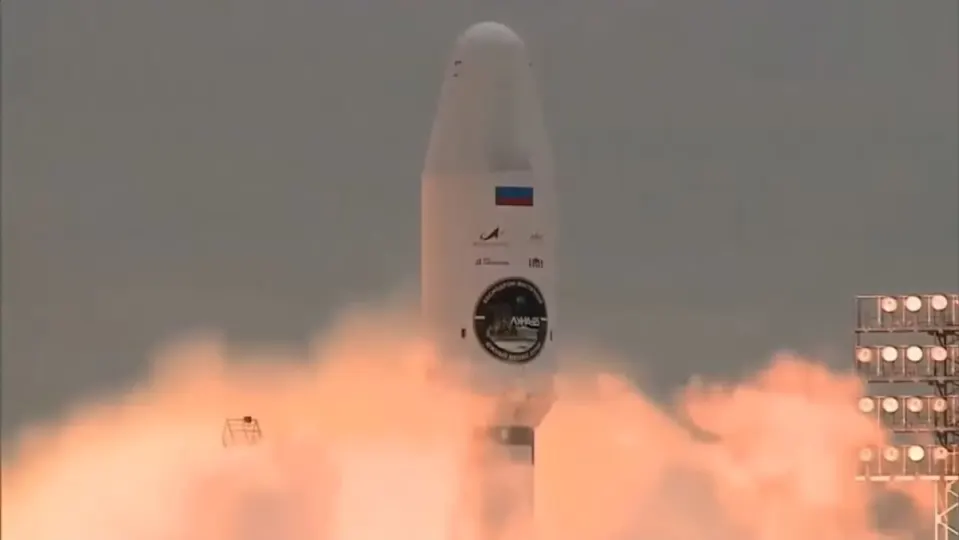Nearly half a century later, Russia once again has the Moon in its sights. Just tonight, a rocket carrying a lunar lander took off on Russia’s first lunar mission in almost 50 years.
As reported by The Associated Press, the launch of the Russian spacecraft, named Luna-25, took place at the Vostochny Cosmodrome (Russian Far East) and marks Russia’s first moon-bound launch since 1976, during its time as part of the Soviet Union.
Roscosmos, the Russian space agency, estimates that the lunar lander module will reach the Moon on August 23, around the same day as India’s Chandrayaan-3, launched on July 14. The Russian spacecraft will take about 5.5 days to reach the vicinity of the Moon and will then spend three to seven days orbiting at about 100 kilometers before descending to the surface.
As of today, only three governments have successfully landed their spacecraft on the Moon: the United States, the Soviet Union, and China. With this launch, Roscosmos aims to demonstrate that Russia “is a state capable of delivering payload to the Moon” and “ensuring Russia’s access to the lunar surface.”
“The study of the Moon is not the goal,” stated Vitaly Egorov, a prominent Russian space analyst. “The goal is the political competition between two superpowers (China and the U.S.) and a number of other countries that also seek to claim the title of space superpower.”
The Ukraine invasion would greatly hinder the progress of the Russian space program due to the sanctions imposed by the West. Initially, Luna-25 was intended to carry a small lunar rover, but that idea was abandoned to reduce the spacecraft’s weight and enhance its reliability, according to analysts.
“Foreign electronics are lighter, domestic ones are heavier,” Egorov stated. “While scientists might have the task of studying lunar water, for Roscosmos, the main task is simply to land: to regain the lost Soviet experience and learn to perform this task in a new era.”
Some of the links added in the article are part of affiliate campaigns and may represent benefits for Softonic.


